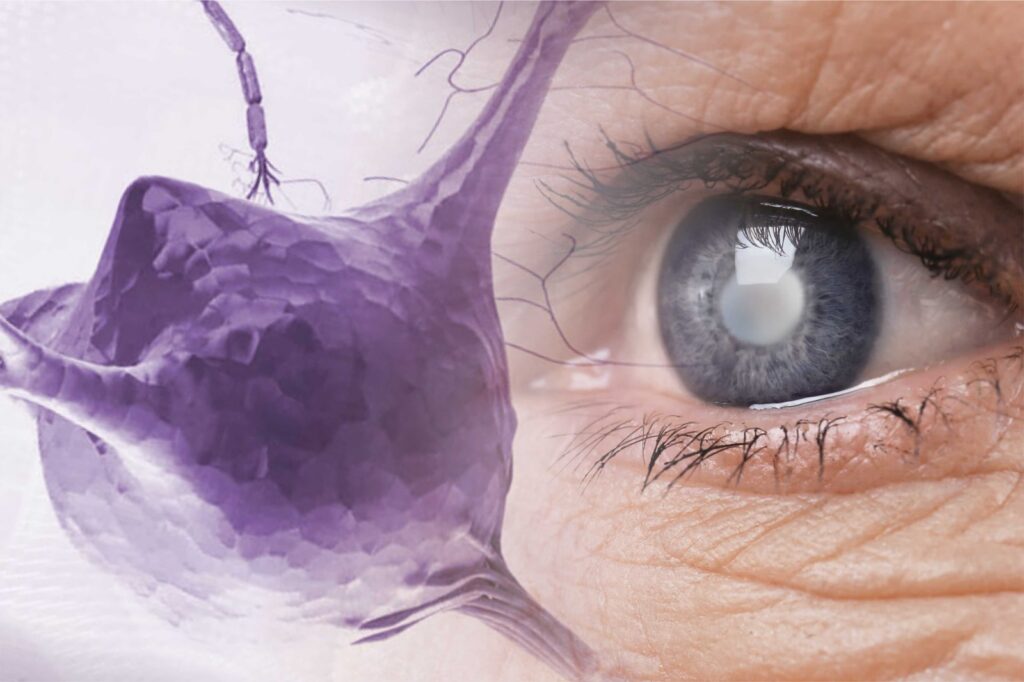
Researchers at the Walter and Eliza Hall Institute (WEHI) have recently published important findings suggesting that retinal thickness may serve as an early indicator of severe diseases, including type 2 diabetes, dementia, and multiple sclerosis. Utilizing artificial intelligence-based technologies, they analyzed over 50,000 eyes to create unprecedentedly detailed maps of the retina. This study—one of the largest of its kind—offers new insights into the previously unseen connection between retinal changes and disease.
Retinal Photography: A Window into the Brain
The retina is not just part of the eye but an extension of the central nervous system, closely linked to the brain and spinal cord. Chronic conditions such as metabolic disorders like diabetes and neurodegenerative diseases like dementia can affect this system. By mapping retinal thickness and identifying thinning patterns associated with these disorders, researchers have uncovered potential pathways for early diagnosis and improved treatment.
Lead researcher at WEHI, Dr. Vicki Jackson, emphasized the significance of these findings.
“We have demonstrated that retinal imaging can serve as a window into the brain, allowing us to detect diseases such as multiple sclerosis and other neurological conditions. Our high-resolution maps provide fresh insights into the relationship between retinal thinning and various disorders,” she said.
AI-Powered Retinal Mapping: A Breakthrough in Diagnostics
Sophisticated AI technology was used to analyze extensive retinal imaging data. By cross-referencing this data with patient medical histories and genetic profiles, researchers identified new genetic factors previously unknown to influence retinal thickness. This breakthrough suggests that routine eye exams could become a key tool for early disease detection.
“This research highlights the diagnostic potential of retinal thickness. By identifying specific retinal areas affected by particular disorders, we can improve screening and monitoring strategies,” Dr. Jackson explained.
Retinal Imaging: Transforming Healthcare
The implications of this study are profound. If implemented in routine eye exams, retinal imaging could enable early intervention, improving patient outcomes and revolutionizing disease detection. By identifying conditions like diabetes and dementia before symptoms appear, doctors can initiate personalized treatment plans at an earlier stage.
As science continues to uncover the intricate connection between eye health and overall well-being, this research represents a major step toward integrating non-invasive retinal imaging into modern diagnostic medicine.








